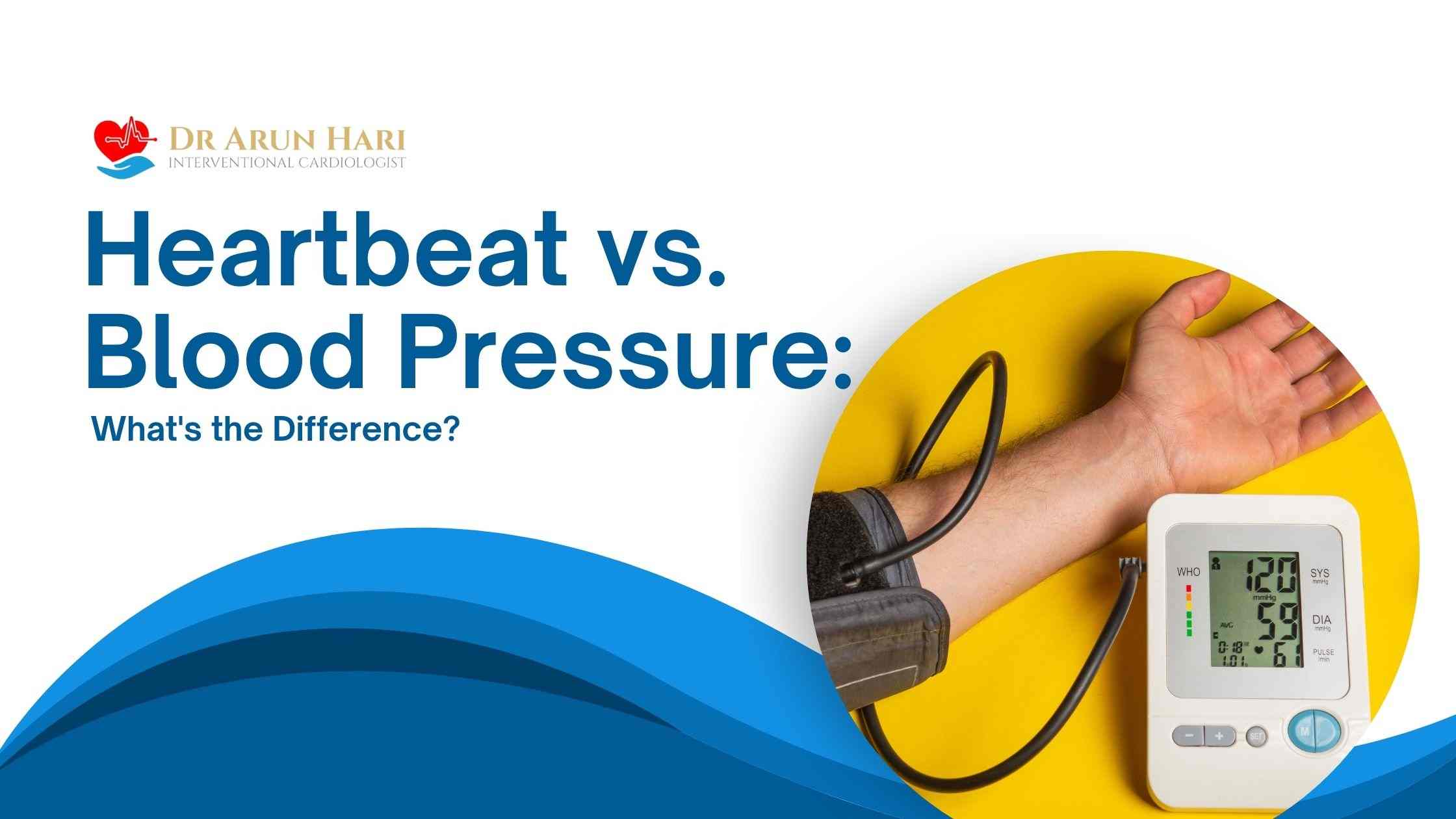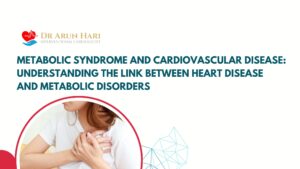What Is A Heartbeat?
The term “heartbeat” refers to the rhythmic contraction and relaxation of the heart muscle. This cycle is what propels blood throughout your body, ensuring oxygen and nutrients reach vital organs. When you feel your chest thump or place fingers on your wrist to feel your pulse, you’re detecting the mechanical activity of the heart.What Is Blood Pressure?
Blood pressure measures the force of blood pushing against the arterial walls as the heart pumps it through the body. It is represented by two numbers—systolic (the pressure during heartbeats) and diastolic (the pressure between beats). Understanding the intricacies of heartbeat vs blood pressure can be pivotal in preventing cardiac issues.Breaking Down Heart Beat And Pulse Difference
While often used interchangeably, there is a subtle yet important heart beat and pulse difference. The heartbeat is the actual muscular contraction of the heart, whereas the pulse is the palpable rhythmic expansion of an artery due to blood ejection from the heart. In healthy individuals, the pulse and heartbeat are synchronized, but certain cardiac conditions can decouple them, leading to serious concerns.Exploring The Difference Between Heart Rate And Pulse
The difference between heart rate and pulse is generally negligible in a healthy heart. However, discrepancies can indicate heart rhythm disorders such as atrial fibrillation or premature ventricular contractions. Dr. Arun Hari specializes in diagnosing such complex anomalies using advanced diagnostic tools and interventional strategies.Understanding Heart Rate Vs BP
Comparing heart rate vs bp is like comparing the frequency of a motor’s spins to the pressure it generates in a pipe. Heart rate (measured in beats per minute) tells us how often the heart beats, while blood pressure tells us how forcefully that blood is being pushed through the arteries. Both are essential markers of cardiovascular health and require careful interpretation, especially in patients with chronic illnesses.When You Experience Blood Pressure High And Heart Rate Low
One of the more alarming combinations seen in clinical settings is blood pressure high and heart rate low. This could be due to several causes—like the use of beta-blockers, a malfunction in the heart’s electrical system, or even increased intracranial pressure. Regardless of the reason, this pattern demands immediate cardiological evaluation. Dr. Arun Hari utilizes state-of-the-art imaging and diagnostic methods to determine the root cause and provide targeted treatments.How Strong Is The Heartbeat And Blood Pressure Relation?
The heartbeat and blood pressure relation is intrinsically linked. When your heart beats faster or stronger, it can lead to elevated blood pressure. However, the relationship isn’t always linear. For instance, during a heart attack or shock, blood pressure can plummet even as the heart races. A detailed evaluation by an interventional cardiologist like Dr. Arun Hari can decode this complex interplay and offer clarity for patients suffering from undiagnosed symptoms.Is There A Clear Winner In Bp Vs Heart Rate?
In the debate of bp vs heart rate, neither wins—they complement each other. Both parameters must be considered in unison to grasp the overall health of your cardiovascular system. A patient could have a normal heart rate but dangerously high or low blood pressure, and vice versa. Dr. Arun Hari assesses both during every consultation to ensure no subtle warning signs are overlooked.Diving Deep Into Heart Rate And Blood Pressure Relationship
The heart rate and blood pressure relationship shifts under different physiological states. During exercise, for example, the heart rate increases to meet the oxygen demand, and so does the systolic blood pressure. However, in scenarios like sleep, both parameters typically drop. Abnormal patterns in this relationship may hint at issues like autonomic dysfunction or cardiovascular disease, areas in which Dr. Arun Hari holds deep expertise.Why Early Diagnosis Matters
Millions ignore the subtle clues their body ::contentReference[oaicite:3]{index=3}Frequently Asked Questions On Heartbeat Vs. Blood Pressure And Cardiac Care By Dr. Arun Hari
The heartbeat vs blood pressure comparison is often misunderstood. While the heartbeat refers to the rhythmic contraction of the heart muscles—essentially how many times your heart beats in a minute—blood pressure measures the force that this blood exerts on arterial walls as it is pumped through the body. Monitoring both is vital because they provide different, yet complementary, insights into cardiovascular health.
If either parameter is abnormal, it may indicate a deeper underlying issue. Dr. Arun Hari, a renowned interventional cardiologist, provides thorough evaluations to understand how these two metrics interact in your body and to determine if treatment is needed.
The heart beat and pulse difference lies in physiology and detection. A heartbeat is the actual muscular contraction of the heart, whereas a pulse is the palpable feeling of that beat as blood moves through arteries. Most healthy people have a one-to-one correlation between heartbeat and pulse, but discrepancies—like pulse deficits—can arise in certain arrhythmias.
If you’ve felt irregular or weak pulses, consult with Dr. Arun Hari. He offers advanced cardiac diagnostics that pinpoint pulse irregularities and ensures accurate diagnosis and intervention.
Technically, the difference between heart rate and pulse is minimal in healthy individuals. Heart rate is the count of cardiac cycles per minute, while pulse is the count of felt arterial expansions. If you’re feeling extra beats or missed pulses, you could be experiencing an arrhythmia that needs expert attention.
Dr. Arun Hari’s expertise in interventional cardiology ensures that subtle yet critical differences like these are addressed through non-invasive testing, rhythm analysis, and if necessary, catheter-based treatments.
The comparison of heart rate vs bp is essential for a full cardiac picture. While heart rate measures beats per minute, BP (blood pressure) reflects how strongly that blood pushes against your arteries. You can have a fast heart rate and low blood pressure or the opposite—each scenario has different clinical implications.
Dr. Arun Hari provides comprehensive monitoring, helping you understand whether your high heart rate is compensatory or if your low blood pressure is harmful, all while tailoring interventions specific to your condition.
The combination of blood pressure high and heart rate low is not uncommon and can result from medications like beta-blockers, endocrine disorders, or even neurological issues. It may also indicate increased intracranial pressure or heart conduction problems.
Dr. Arun Hari evaluates these patterns through ECGs, Holter monitors, and stress tests. His interventional approach includes medication optimization or minimally invasive procedures depending on your diagnosis.
The heartbeat and blood pressure relation is dynamic. Typically, a stronger or faster heartbeat increases systolic blood pressure, but there are exceptions. For instance, in conditions like septic shock, heart rate can increase while BP drops dangerously low.
Dr. Arun Hari specializes in analyzing this relationship using real-time telemetry and echocardiography. His goal is to detect dysfunction early, personalize treatment, and avoid complications through precision cardiology.
In bp vs heart rate, neither metric is more important than the other—they serve different purposes. Blood pressure indicates vascular resistance and cardiac output, while heart rate reflects how often the heart is working. Both need to be within healthy ranges.
Dr. Arun Hari’s practice is rooted in analyzing the total picture—looking at trends, symptoms, and lifestyle factors before recommending treatment. He ensures that both parameters are harmonized for long-term cardiovascular health.
The heart rate and blood pressure relationship shifts during exercise, stress, sleep, and illness. Understanding this interplay can help uncover conditions like autonomic dysfunction, arterial stiffness, or early heart failure.
With Dr. Arun Hari, you get access to in-depth cardiovascular analysis using advanced tools like treadmill stress tests, 24-hour ambulatory BP monitoring, and echocardiograms. His solutions are proactive—focusing on prevention, early intervention, and recovery.
Need Help Understanding Your Heart Metrics?
If you’ve been monitoring your heart rate or blood pressure and something doesn’t feel right, it’s time to take action. Dr. Arun Hari is a highly qualified interventional cardiologist dedicated to helping you understand the full picture of your cardiovascular health.
Ways to book your consultation:
- Use the form at http://drarunhari.com/book-appointment/
- Call or WhatsApp: +971 544815774
- Reach out through the live WhatsApp chat on the website





